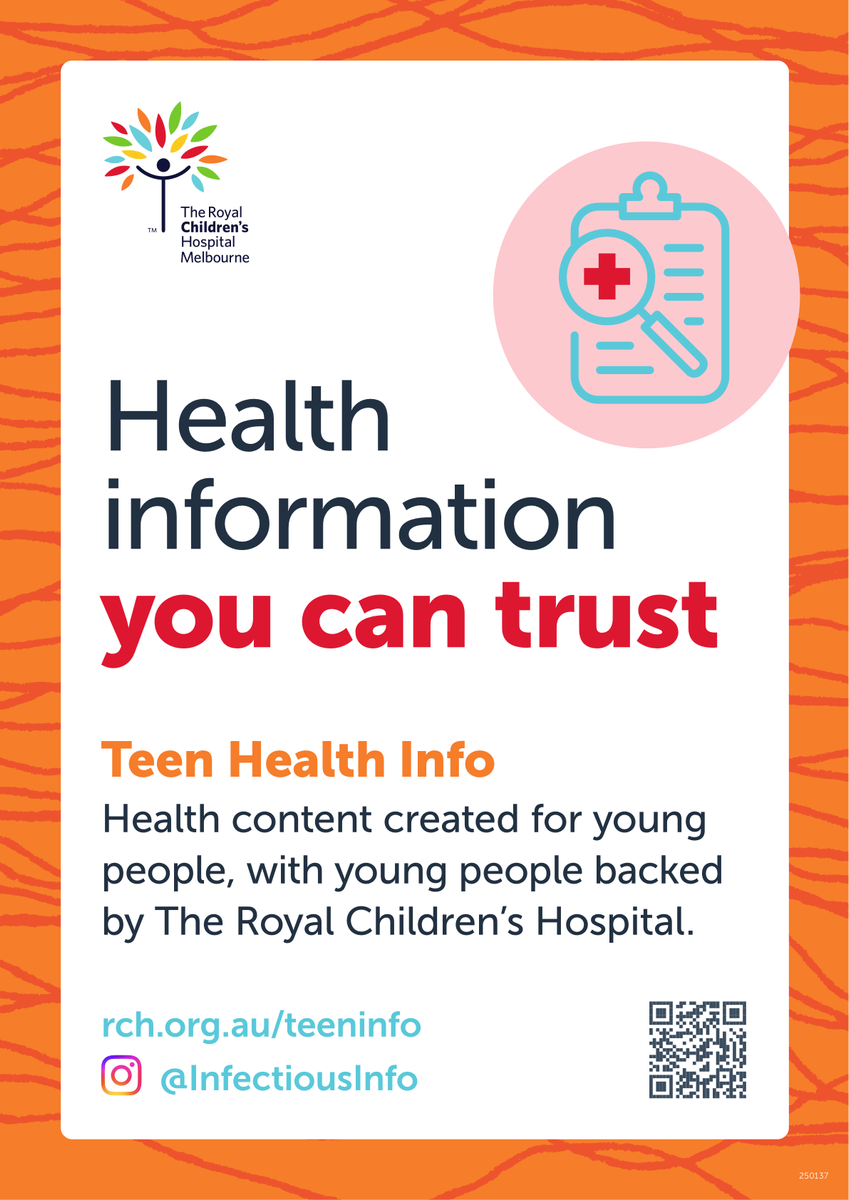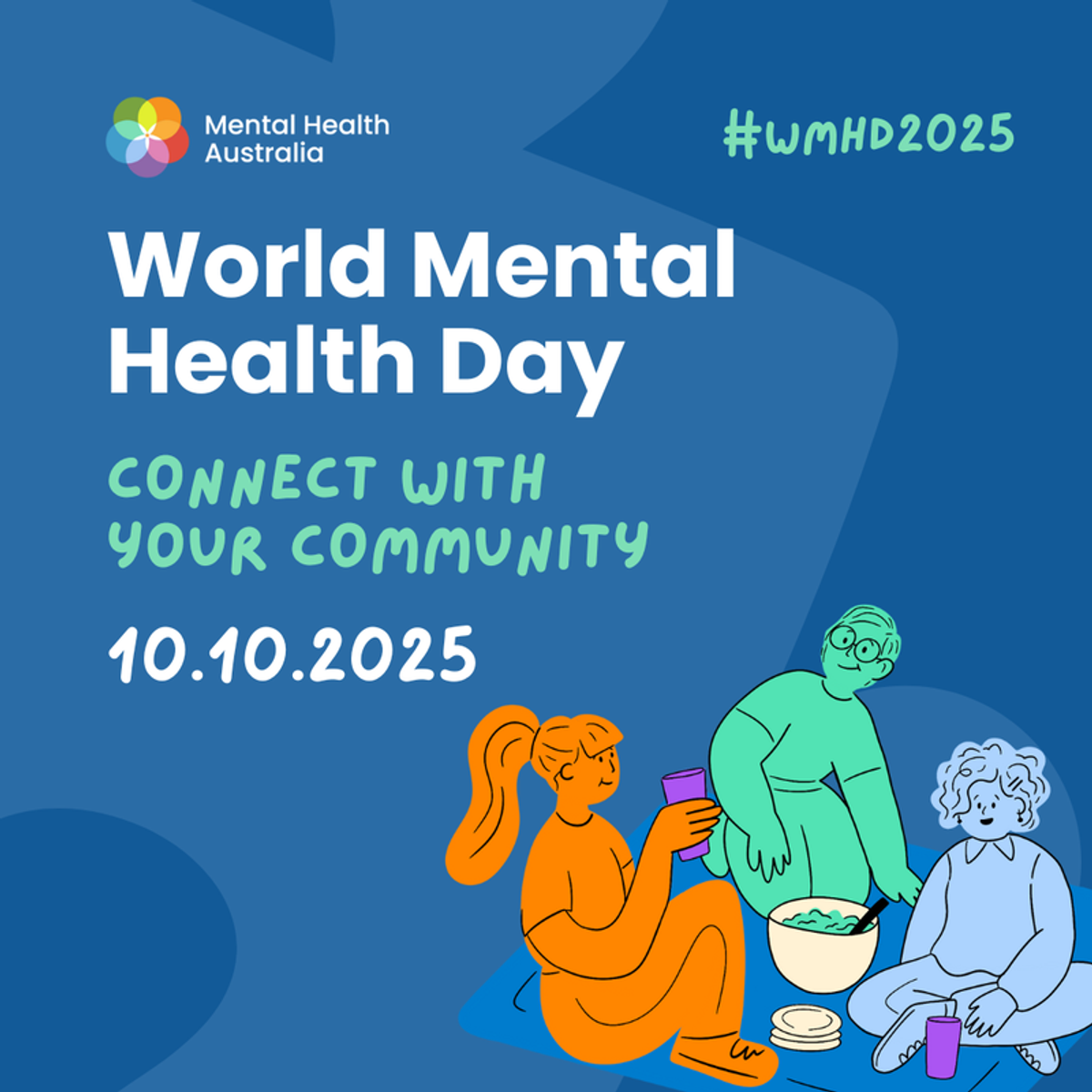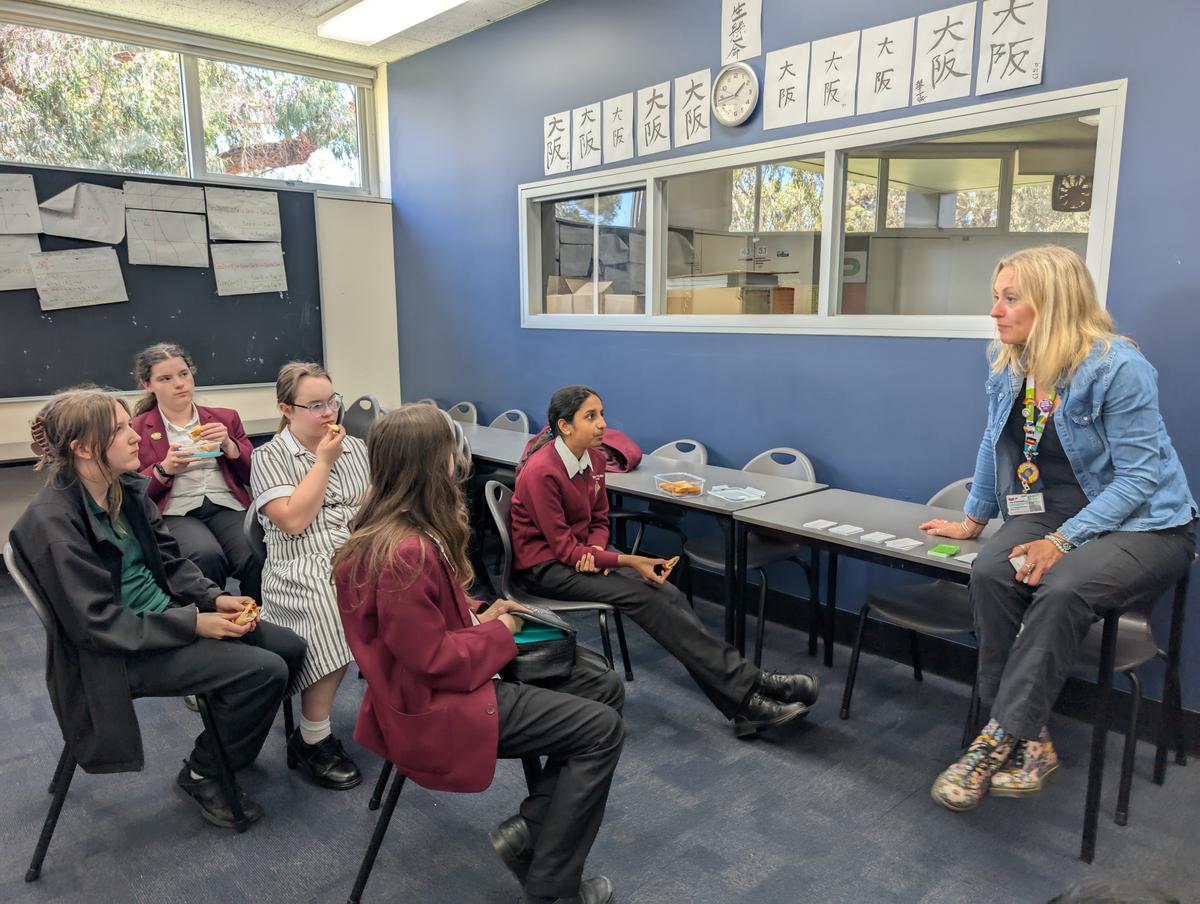Wellbeing

Beginning Of Term 4:
Wellbeing Report
As we move through Term 4, it’s a busy time for students, staff, and families. The end of the school year brings exams, final assessments, and for many students, thoughts about moving into a new year level or even finishing school altogether. While this can be an exciting time, it can also be stressful and emotional for young people, and sometimes those feelings can be hard to spot.
The Wellbeing Team has continued to work closely with students this term, helping them manage exam stress, build healthy routines, and stay connected. Monday Club continues to be a favourite lunchtime space where students can take a break, chat with friends, play games, and spend time with Bella, our wellbeing dog. We’ve also been running group sessions around managing pressure, positive thinking, and coping with change, all things that can help make this time of year a little easier.
It’s normal for young people to feel tired, distracted, or a little anxious during this term, but there are times when stress can start to have a bigger impact. Some signs your child might be struggling include:
- Withdrawing from family or friends
- Changes in mood or irritability
- Trouble sleeping or changes in appetite
- Losing interest in activities they usually enjoy
- Avoiding school or study
- Feeling overwhelmed or talking about not coping
If you notice some of these changes, there are a few things you can do at home to support them:
- Start the conversation: Gently check in and let them know you’ve noticed they don’t seem themselves.
- Listen without judgement: Sometimes just having someone to talk to makes a big difference.
- Keep routines steady: Regular meals, sleep, and exercise help create a sense of stability.
- Encourage breaks and downtime: Rest is just as important as study time.
- Offer reassurance: Remind them that it’s okay to ask for help and that exams are only one part of the bigger picture.
If your young person seems to be struggling despite your support, it might be time to reach out. At school, you can contact the Wellbeing Team or your child’s Year Level Leader for guidance and support. We can help connect you and your young person with additional resources, both within the school and through external services. For more urgent concerns, you can also contact your GP or mental health services such as Headspace, Kids Helpline (1800 55 1800), or Lifeline (13 11 14).
As we approach the end of the year, we want to remind families that it’s completely normal for students to feel pressure or uncertainty during this time. With patience, encouragement, and open communication, we can help our young people finish the year feeling proud, supported, and ready for what comes next.
Elizabeth Smith
Director of Student Wellbeing
Looking After Yourself during the Exam Period
Exams and studying for exams can be a particularly stressful time for young people. To help reduce stress and ensure that you’re as organised as you can be, here are some scientifically proven steps to study success:
1. Not All Stress Is Bad
While it’s often given a bad rap, the right amount of stress can actually motivate you to get stuff done. The key thing is to recognise when stress has tipped over from being a motivating force to an overwhelming emotion.
2. 20-Minute Study Rule
No one can study for six hours straight and be effective. Break up your time into twenty-minute chunks for the most effective use of your brain.
3. Say It Out Loud
The best way to really remember and learn is to talk about what you’re learning out loud, without using any notes.
4. Breaks = Good, Constant Distraction = Bad
Taking planned and timed breaks will help you remain on task, but checking your social every 5 minutes is a sure-fire study fail. Research shows that it can take up to twenty minutes to refocus on your task once you’ve been distracted.
5. Sleep Is Your Friend
If you get a good night’s sleep before your exam, you are scientifically proven to retain more of what you studied the day before than if you stay up crazy late.
Other things you can do include eating the right foods, perfecting your time management skills, knowing when to take a break from studying, and getting some physical activity or social time in.
Another simple ABC strategy developed by Headspace to help improve mental health and wellbeing for students during the exam period is:
Ask: notice how you feel. If you or someone you know are feeling low or stressed, take action. Ask for help. Don’t go it alone. Talking things over can help.
Breath: when you are feeling low or stressed. Feelings come in waves, learning to notice and let them pass using breathing techniques can help.
Connect: to improve wellbeing, stay connected. Stay involved with things that are meaningful for you; family, friends, school, sport and other activities.
Where to get help? Student Wellbeing Team, your local doctor, Headspace and Monash Youth Services.
For more information, please refer to https://headspace.org.au/explore-topics/for-young-people/prepare-for-exams/
All the best for your exams!
Penny Hsiao
Health Promotion Nurse
Mental Health Week at SOC
October 10th marked World Mental Health Day, making October Mental Health Month. These dates have been established to encourage people across the world to recognise the important role mental health plays in all our lives and spread the word about how everyone can access the support they need.
In recognition of this important time and to support the mental health of our school community, the Wellbeing team organised and ran Mental Health Week during the week of October 13th-17th.
On Monday, Vic Crombie from headspace Syndal visited SOC and held a ‘stress less sesh’ for a group of students. Vic helped our students brainstorm ways they can look after themselves and their mental health, then led them in some breathing and relaxation exercises that they can use in their daily lives. We received excellent feedback from students about this session and will be looking at future opportunities for other students to take part. Our students also got the chance to learn more about Mental Health Month and different techniques for practicing gratitude and mindfulness.
On Wednesday, we were fortunate enough to have Sulagna Monga share her passion for meditation in a session for staff. We also allocated time for staff to complete a training package provided by Be You, the national mental health and wellbeing resource for educators, to help them identify signs of mental health issues in their students. This day was a great opportunity for staff to equip themselves with tools to help them support not just our students’ wellbeing, but their own.
On Thursday, the Wellbeing team said our farewell to the finishing Year 12s in the form of an interactive presentation about the wellbeing side of leaving high school. This was all about where to get mental health and wellbeing support outside of school, as well as things to watch out for during this celebratory period. We also recorded our information session for parents, where we introduced our team, discussed ways they can support their children’s mental health, and answered questions sent anonymously by parents. Please keep an eye out for this information session being uploaded to Compass.
Globally, one in seven 10-19-year-olds experiences a mental health condition. Depression, anxiety and behavioural disorders are among the leading causes of illness and disability of young adolescents. Below are some recommendations for healthier behaviours that can improve both physical and mental health:
- People under 18 years of age should not drink alcohol. As the body and brain are still developing, it’s important to encourage the delay of alcohol consumption as long as possible.
- Young people stay smoke and vape free. Families can be good role models and set rules and expectations about alcohol and other drug use.
- Have screen-free mealtimes and share meals together at the table.
- Young people should aim for 60 minutes per day of moderate to vigorous physical activity. The time can be broken down into shorter sessions throughout the day.
- Keep good sleep hygiene practices, such as consistent sleep routine and limit screen time before bed. People aged 5 to 13 years should get 9 to 11 hours of sleep. People aged 14 to 17 years should aim for 8 to 10 hours of sleep.
- Encourage non-screen-based activities and entertainment. Set time and content rules around screen use. (Adapted from Positive Choices, 2022, positivechoices.org.au/parents/lifestyle-behaviours)
For more information and support, please speak to the Wellbeing Team, your general practitioner (GP), or visit headspace (headspace.org.au)
Imogen Weisser
Student Wellbeing Officer






